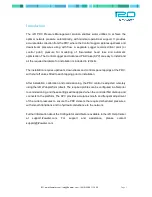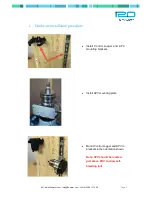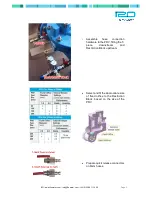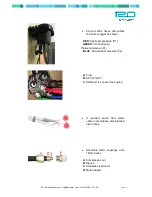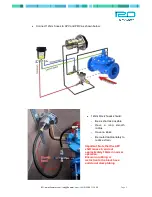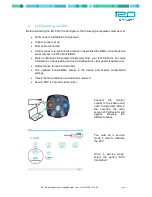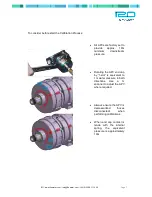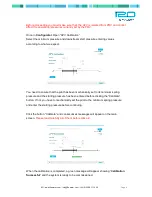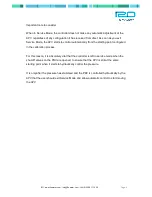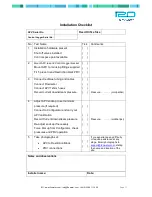
i2O
|
www.i2owater.com
|
|
+44 (0) 2380 111 420
Page 1
Introduction
The i2O PRV Pressure Management solution enables water utilities to achieve the
optimal network pressure automatically, with minimal operational support. It provides
accurate data collection from the PRV, where the Control Logger captures upstream and
downstream pressures along with flow. A separate Logger records critical point (or
control point) pressure for modelling of flow-related head loss and automatic
optimisation. The Control Logger and Advanced Pilot Valve (APV) are easy to install and
all the required hardware for installation is included in i2O kits.
The installation requires upstream, downstream and control space tappings at the PRV,
with shut-off valves fitted to each tapping prior to installation.
After installation, calibration and commissioning, the PRV control is adjusted remotely
using the i2O Web platform (oNet). The required profiles can be configured in oNet prior
to commissioning, and these settings will be applied when the controller first dials-up and
connects to the platform. The APV provides accurate, smooth and frequent adjustment
of the outlet pressures to ensure the PRV delivers the required scheduled pressures,
with smooth transitions and no hydraulic disturbance to the network.
Further information about the Configurator and dNet are available in the i2O Help Center
at
support.i2owater.com.
For
support
and
assistance,
please
contact


